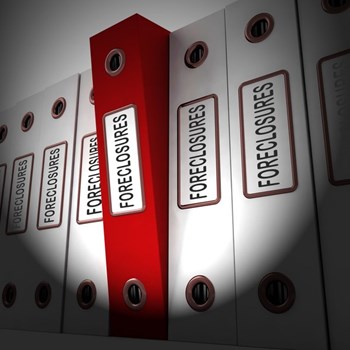
Editor’s Note: During this crisis, The Cooperator family of publications will be passing along information, tips, and FAQs submitted by our network of industry professionals, including attorneys, managers, and other subject matter experts. The views and opinions expressed are those of the contributors, and as the situation evolves in the coming days and weeks, those views and opinions may evolve as well. We encourage readers to be mindful of this; check posting dates, make note of contributors’ locations and industries, and above all, consult with your own community professionals as you and your neighbors navigate this challenging landscape.
As the world faces unprecedented challenges related to the COVID-19 pandemic, it's unsettling to think about business issues when our neighbors may be fighting for their lives or facing financial hardships. This is the moment for communities around the world to lead, support, and unite. Community associations comprise neighbors sharing common attitudes, interests, and goals. As community leaders, we are here for our neighbors when they need us most.
On March 31, CAI released a Statement of Moratorium on Foreclosure Actions urging communities around the world to immediately suspend all foreclosure activity and not begin new foreclosure actions until June 1. CAI calls upon all community association stakeholders—board leaders, residents, managers, and business partners—to lead with flexibility, understanding, and business continuity, while keeping the health and safety of all community members in mind. CAI is dedicated to building better communities, and that mission is more important now than ever before.
The collection of community association assessments is a very serious and important responsibility of a governing board. Failing to collect assessments may impair a community association's ability to pay its bills, provide essential services, acquire financing for continued operations, and may impact the ability of a potential purchaser to obtain a mortgage. Due to this national emergency, the CAI Board of Trustees has developed the following set of principles for community associations to adopt for addressing homeowners who can't pay their assessments during this crisis:
1. If an owner is unable to pay assessments on time, the owner should notify their community association to work out a payment plan. Homeowners with a financial hardship should be encouraged to apply for government assistance, if available.
2. Community associations should adopt a moratorium on foreclosures for 60 days (or until at least June 1, 2020).
3. Community associations should waive late fees and penalties for owners who face temporary financial hardships due to COVID-19.
4. Community associations should amend, temporarily relax, or follow existing non-foreclosure collection policies that are fair and applied equally to all members.
5. Community associations should continue to record liens to protect their interests.
6. Community associations should emphasize the importance of owners paying their assessments on time, if possible.
Click here for the full Statement of Moratorium on Foreclosure Actions due to COVID-19.
The CAI Board of Trustees applauds the actions community association board leaders and managers are taking and for their dedication to the residents, employees, and business partners in their communities. For updated resources related to COVID-19 and community associations, visit www.caionline.org/coronavirus.
CAI CEO Thomas M. Skiba oversees the organization’s programming, including seminars, workshops, conferences, educational materials and publishing, as well as grassroots and government advocacy, research, and other projects and activities. Ursula Burgess is president of CAI’s board of trustees, and a shareholder with Virginia-based law firm Rees Broome, PC, where she represents multiple community associations in Virginia and Maryland.









Leave a Comment